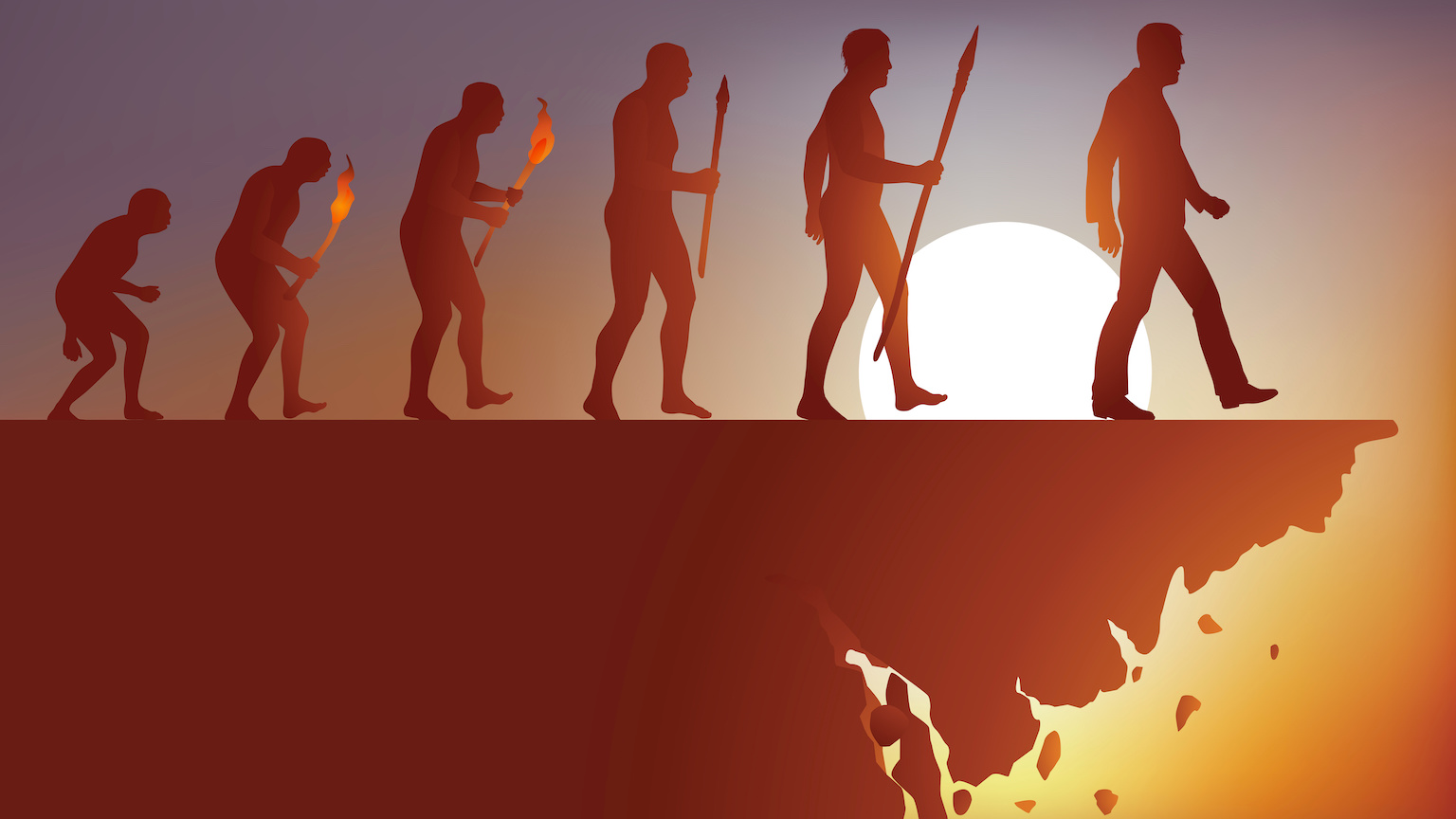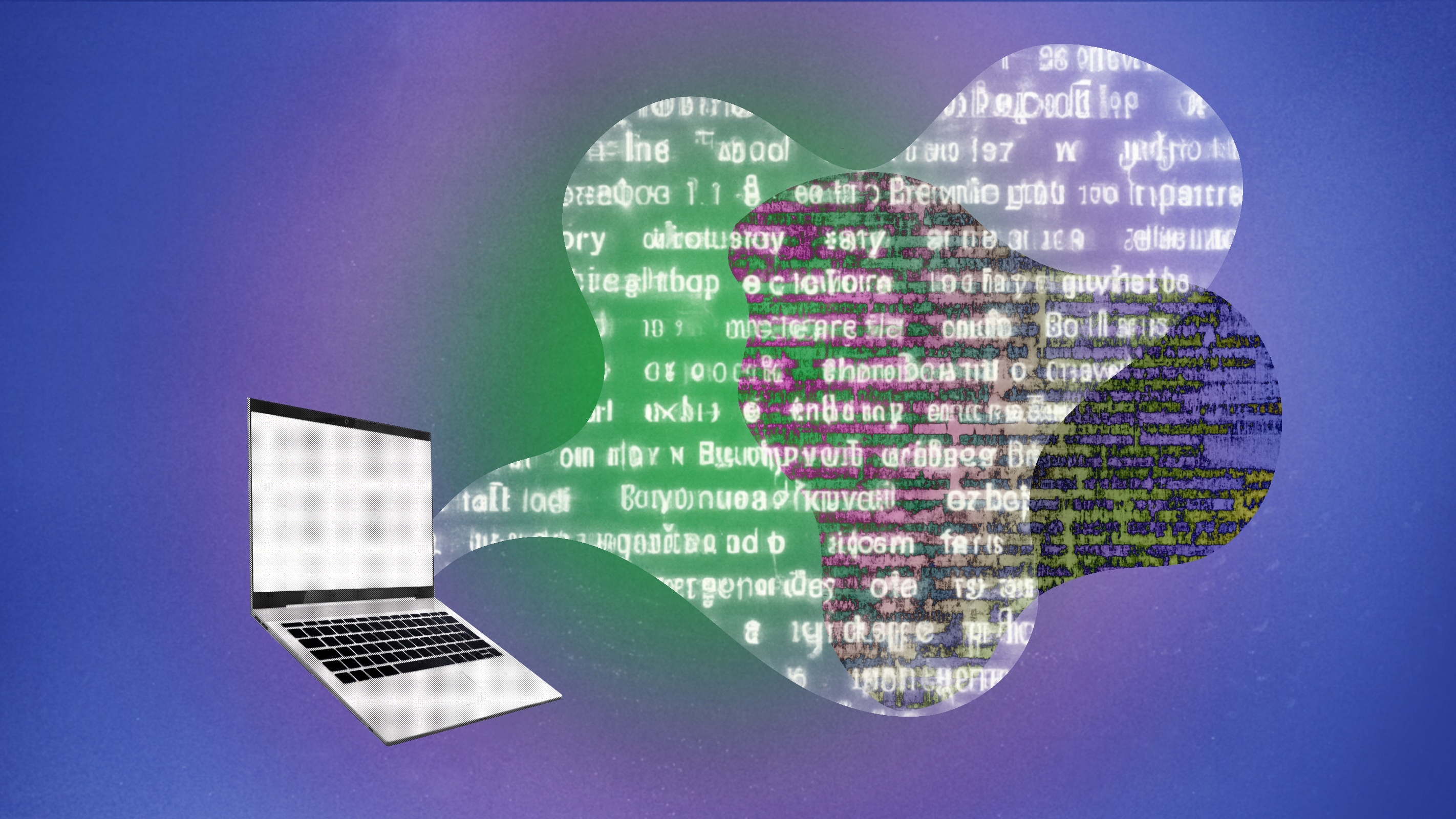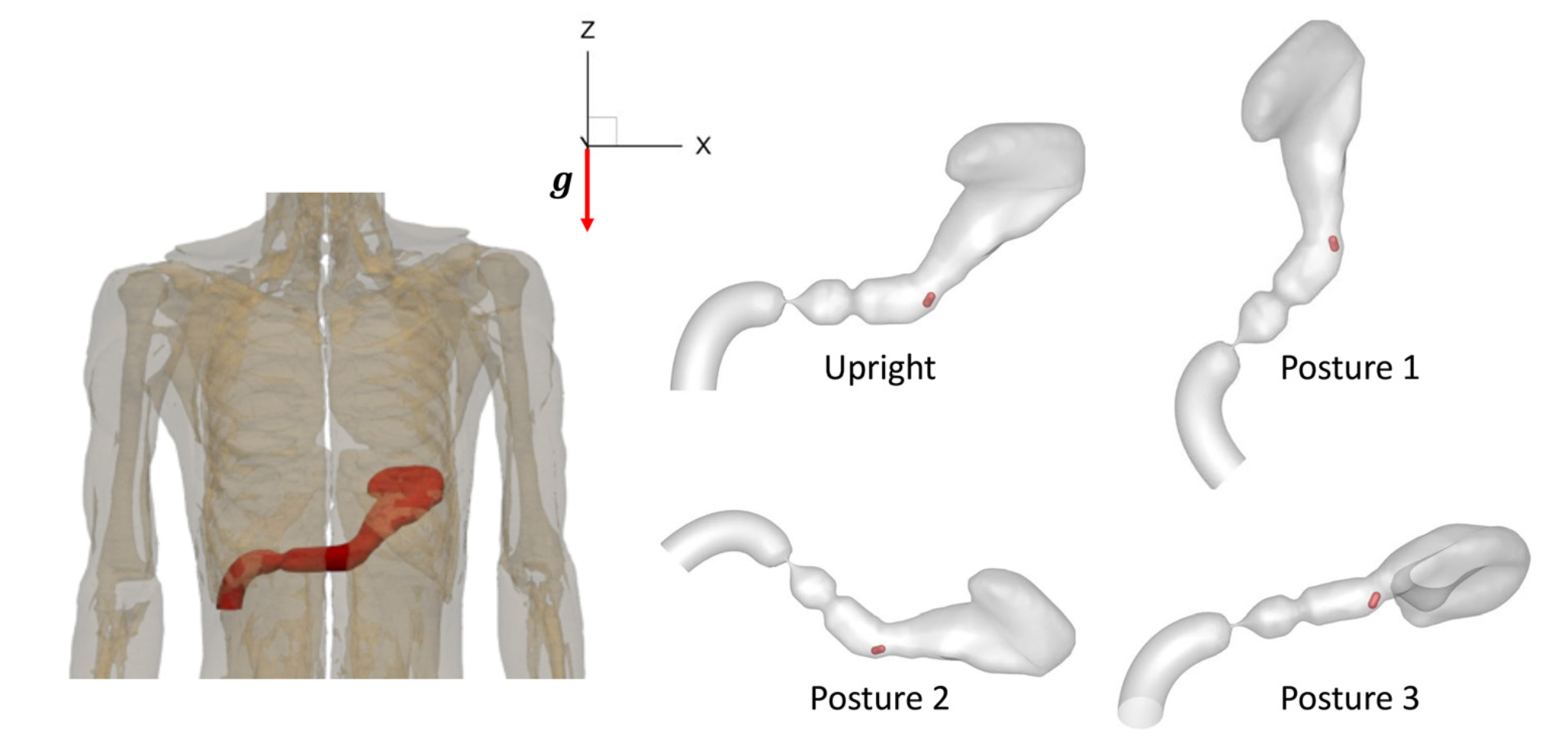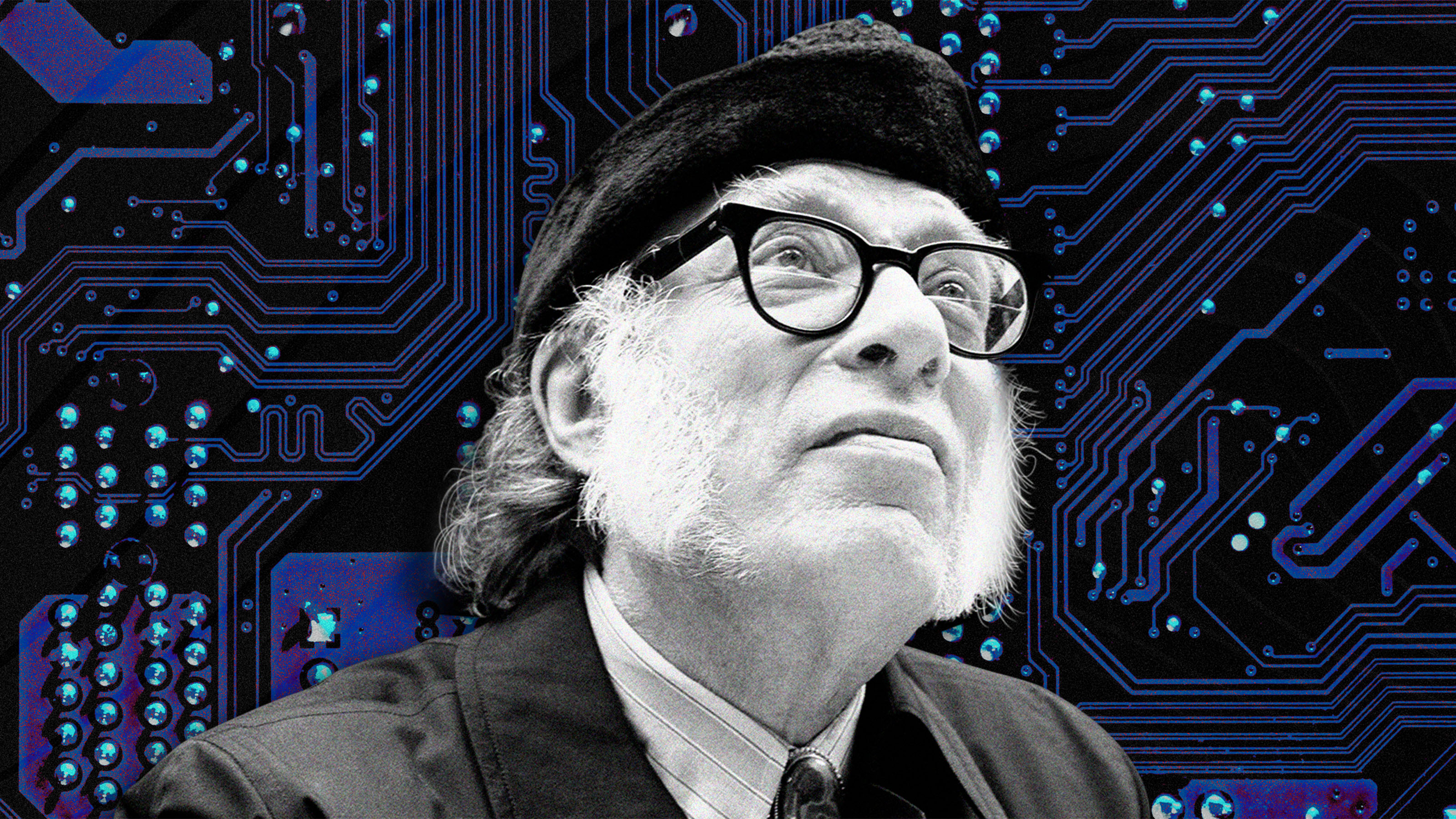Researchers are looking at neurons required for touch-mediated pain relief.
Search Results
You searched for: Computers
If everyone just showed up to their appointments, $150 billion of waste could be averted.
The moths in your garden might hear your tomato plant’s pain.
Years of shoddy research have overstated the risk.
Epigenetic entropy shows that you can’t fully understand cancer without mathematics.
Perrikaryal uses an EEG to translate her brain activity into beating bosses in “Elden Ring” and beyond.
“You’ll be able to fly twice as fast as a Boeing or Airbus, and it’ll be like the cost of flying business today.”
These astounding inventions show that civilizations of the past were a lot more advanced than we might have thought.
The simulation gave researchers some of the first concrete data linking climate change to human evolution and speciation.
Symmetrical objects are less complex than non-symmetrical ones. Perhaps evolution acts as an algorithm with a bias toward simplicity.
“Personhood” credentials could cleanse the internet of bots — but are the costs worth it?
Is immortality a tantalizing possibility or a philosophical paradox?
The modern attention economy hijacks our ability to focus, but an ancient technique offers a means to get it back.
The AI is helping Twitter users plot movies, design meal plans, and more.
It’s far less likely to wander into bizarre lies, emotional rants, and manipulative tangents.
If you want a medication to kick in faster, lean right.
“Lethal autonomous weapon” sounds friendlier than “killer robot.”
A new study says the reason cave paintings are in such remote caverns was the artists’ search for transcendence.
The old linear job model is obsolete. Our post-pandemic work lives are defined by options and flexibility.
It’s like combining Google Translate with a time machine.
A concept known as “wave-particle duality” famously applies to light. But it also applies to all matter — including you.
A century ago, electric cars were common. The fact that they were almost entirely replaced due to the internal combustion engine is a testament to the glacial pace of battery breakthroughs.
Lonely humans will become infatuated with AI-fabricated personas.
Robots must identify themselves.
“We didn’t build anything face-ish into our network [but] managed to segregate themselves without being given a face-specific nudge.”
Over a century after we first unlocked the secrets of the quantum universe, people find it more puzzling than ever. Can we make sense of it?
In the beginning, genes weren’t needed.
It is all too easy for humans to fall into the cognitive trap of thinking that an entity that can use language fluently is sentient or intelligent.
Researchers have been developing a promising model that can more closely mimic the human body – organ-on-a-chip.





























